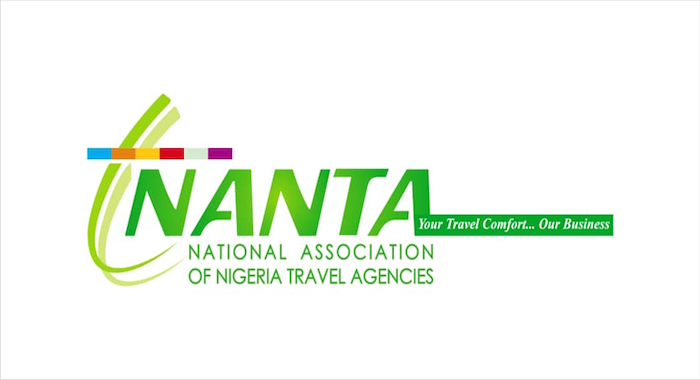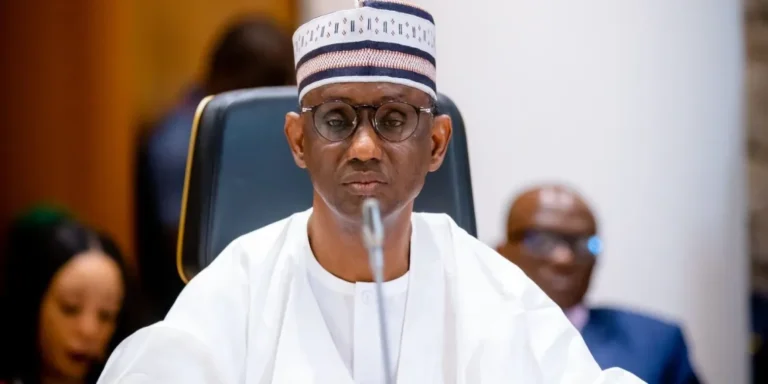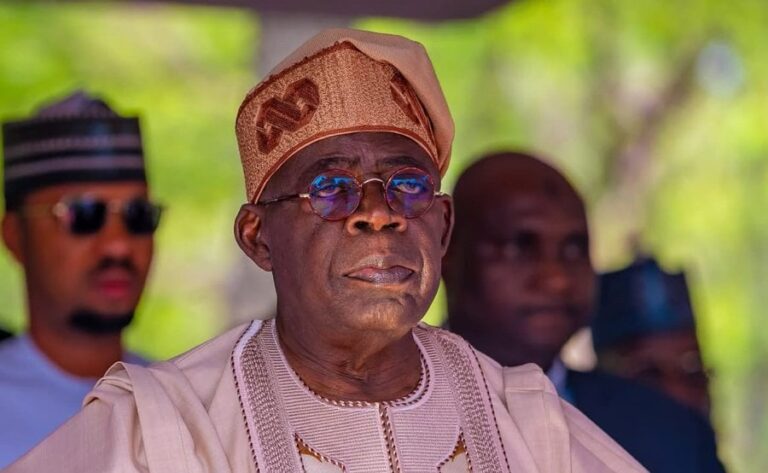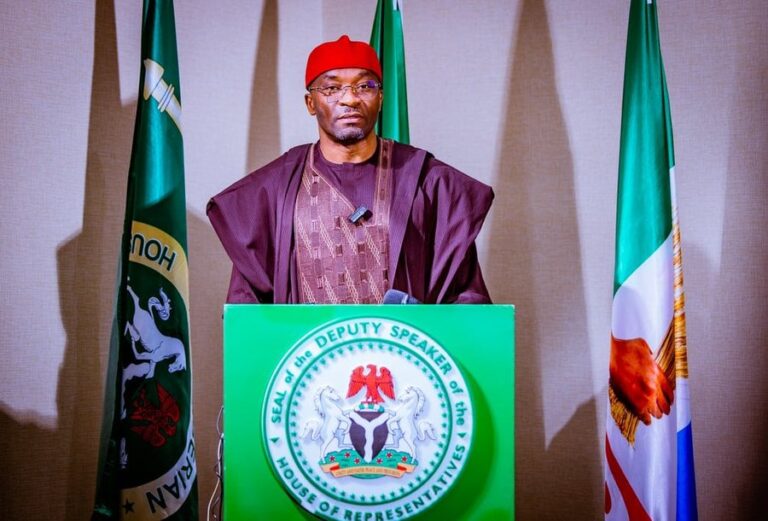
The National Association of Nigerian Travel Agencies has expressed outrage over the continued insistence of three international airlines on selling tickets exclusively in United States dollars in Nigeria, describing the practice as both disrespectful to the country’s sovereignty and damaging to the naira.
Speaking with The PUNCH on behalf of the association, NANTA President, Yinka Folarin, criticised what he described as an arrogant stance by a few foreign carriers who have refused to reintroduce the naira into their ticketing platforms despite improvements in Nigeria’s foreign exchange market.
According to him, while the broader aviation industry has embraced the use of the local currency, a handful of airlines have chosen to punish the naira. “It is no longer a general industry problem. Only about three airlines are still selling exclusively in dollars. We are not allowed to name these airlines due to professional ethics and anti-competition regulations, but their actions are clear: they are punishing the naira, excluding it from trade within its own country,” Folarin said.
He emphasised that he was speaking not only as an industry leader but also as a Nigerian who strongly opposes the dollarisation of services within the country. He described the move as a direct test of Nigeria’s sovereignty.
The NANTA president further lamented that the airlines’ actions were particularly troubling at a time when the naira is showing signs of stability following recent monetary reforms. He argued that the refusal to accept naira undermines efforts by citizens, businesses, and government institutions working to stabilise the economy.
“There is no justifiable reason for this anymore; liquidity has improved, the process is more transparent, and there are no outstanding remittance issues. Over 30 airlines are currently repatriating funds without challenges. If those ones can comply, why are these three still operating otherwise? It’s simply arrogance,” he declared.
Folarin commended the Central Bank of Nigeria and other authorities for taking steps to improve transparency in the foreign exchange market. He called on all stakeholders in the aviation sector to align with the federal government’s economic recovery agenda. “We are not asking for favors, we are asking for fairness. The naira deserves to be respected in its own country,” he insisted.
Aviation expert, Group Captain John Ojikutu (retd.), expressed concern that the issue may be linked to unresolved questions around trapped airline funds. He noted that if the government has indeed settled the outstanding remittances owed to these airlines, then there is no justification for dollar-only ticketing in Nigeria.
“I am not sure if they have gotten their money. But if they have, the government should stop them immediately. I think this is happening because some people may be benefiting from it internally. That cannot stand if we are no longer owing them. It is wrong and must be corrected without delay,” Ojikutu said.
However, he also acknowledged that since airlines often pay service charges in dollars, they may be inclined to seek repayment in the same currency. Still, he stressed that Nigeria, as a sovereign nation, must assert control over such practices. “If a foreign airline continues to take dollars for ticket sales, it should be stopped and investigated,” he added.
NANTA’s objections and the warnings from aviation experts highlight a growing frustration within Nigeria’s travel and aviation sector. For many, the continued rejection of the naira by some airlines is not just a commercial issue but one that undermines the nation’s economic stability and independence.
As the Federal Government intensifies efforts to strengthen the currency and rebuild investor confidence, industry players argue that all airlines operating in Nigeria must comply with local regulations and treat the naira with the respect it deserves.
With over 30 airlines already conducting business in naira, attention now rests on the few holdouts whose actions, according to stakeholders, risk undermining the progress made in restoring the nation’s financial credibility.
PUNCH.




